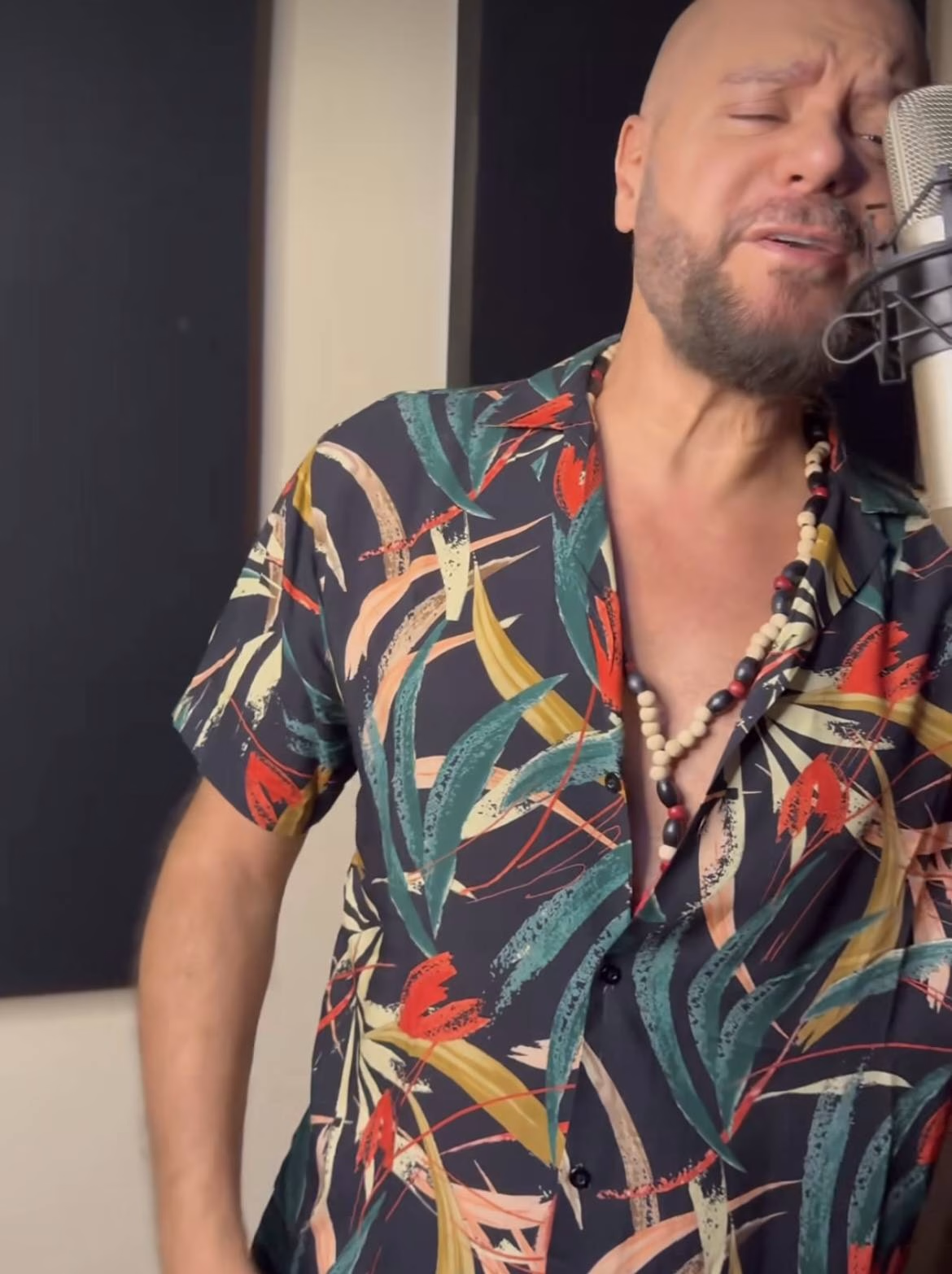In the midst of the war taking place in Lebanon, the release of patriotic songs by several artists increases day after day, as they c
In the midst of the war taking place in Lebanon, the release of patriotic songs by several artists increases day after day, as they consider them a cry that they direct in their own style to the world in order to address the suffering of their country.
The artist Hani Al-Omari chose the city of Beirut to honor it with a song that departs from the ordinary. He did not resort to describing its status in his eyes, or addressing it sadly as the capital of Lebanon. Rather, he presented it in a form that tells of the change in her face to the point that it made her a stranger to him. Confronted with this radical change that has befallen it, Hani Al-Omari raises his voice, asking why the city was left alone to its fate.
“Beirut Did Not Know,” for which Al-Omari previously won the “Beirut Golden Awards” on the first anniversary of the port explosion. It is being relaunched today, with a video clip that keeps pace with what the city is going through. What is up-to-date about it is this artistic mixture that he adopted, which consists of his voice as a singer, and by reciting its words in a poem in the voice of its author, the sculptor and poet Rudy Rahma.
“Beirut We Didn’t Know” was composed by Al-Omari, written by the poet Rudy Rahma (Hani Al-Omari).
Al-Omari tells the story of the birth of this song: “We were meeting at a lunch table in one of the Lebanese regions, Rudy, me and a number of friends. Suddenly, Rahma’s voice rang out, reciting the words of a poem that shook my feelings. Her different words stopped me, and I asked him to recite them again. Then, without realizing it, I composed it improvised at the same time.”
At that time, Hani Al-Omari thought of releasing the song on the anniversary of the August 4 explosion. He continues: “The song did not get its proper due at that time, but about a few weeks ago, I decided to release it again with a different image. The clip that covers it, today, directed by Abdel Ramadan, takes it to a different direction, and is consistent with what we are going through in Lebanon. It is oppression itself, and the song embodies it with words that contain pain and tears at the same time. But at the same time, it takes us in a poetic way, as if Beirut was a person escaping his fate.
An influential artistic painting drawn by Hani Al-Omari with his voice, and with the poetic words delivered by Rudy Rahma at the same time, so its impact on its listener was different, leaving a great impact on him. Al-Omari comments: “Rudi Rahma wrote the lyrics of this song (Beirut We Didn’t Know) on the anniversary of the Beirut explosion. But my city, today, I also could not recognize. The censure in Rudy’s words was great and poignant, asking about the reason for abandoning Beirut. The idea of this mixture between singing and reciting poetry at the same time has never happened before in a patriotic song. He delivered the words in a style and voice that caused fear in those who heard them, as if he was sounding an alarm. My singing of her words breaks the feelings of fear with a tone full of feeling. The idea itself is new, and the melody contains both tenderness and solidity.”

Hani Al-Omari believes that one of the characteristics of a successful national song is the echo it leaves behind its listener. “Speech, melody and image must come together harmoniously. From this standpoint, the national song makes its way to touch people.”
Regarding what Beirut means to him, he told Asharq Al-Awsat: “All of my country represents Lebanon in all its sects and details, and constitutes a model of it that is equally vital. Today we stand before the spectacle of its destruction without mercy, as if it was always destined to be born from under the ashes, like the phoenix.
Hani Al-Omari believes that the national song constitutes a means of expression that refutes the features of a homeland. “These features sometimes represent our dreams about our homeland, and other times they represent our traumas and concerns.”

Al-Omari recalls words that the tardy musician Elias Rahbani confided to him. “He once told me, ‘Art and music are the sources of our cultures and our pride in ourselves.’ He mentioned to me the importance of the artist in Lebanon, and gave me an example of that. French President Macron’s visit to Fayrouz’s house. He chose her from among several Lebanese political figures in order to introduce the Lebanon he loves to the whole world.”
Hani Al-Omari is armed with optimism, despite all the suffering and war taking place on the homeland. He continued, telling Asharq Al-Awsat: “I do not like pessimism at all, and we Lebanese strongly believe in our country, Lebanon, and its ability to withstand. Wars have afflicted us more than once, but we have not surrendered or become discouraged by an unknown fate. Today we also live the same nature of fate, but we cling to hope. We must overcome all these risks soon, without a doubt.”
Al-Omari is considered one of the Lebanese artists who never entertained the idea of immigrating to Lebanon. He concludes, telling Asharq Al-Awsat: “My love for my country, Lebanon, is not equal to any other love, so I can never abandon it. I cling to my land and my roots, otherwise I will not be able to complete my artistic career.”

COMMENTS